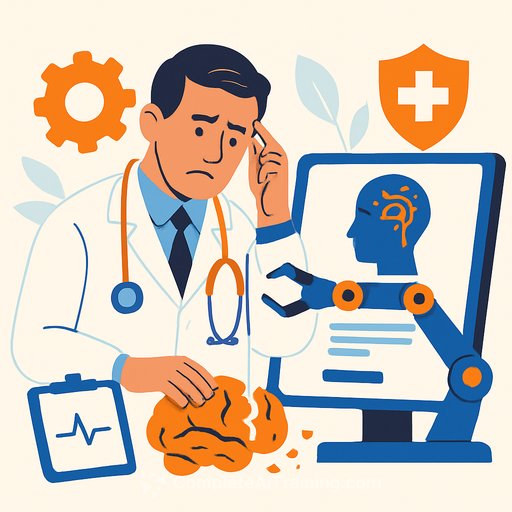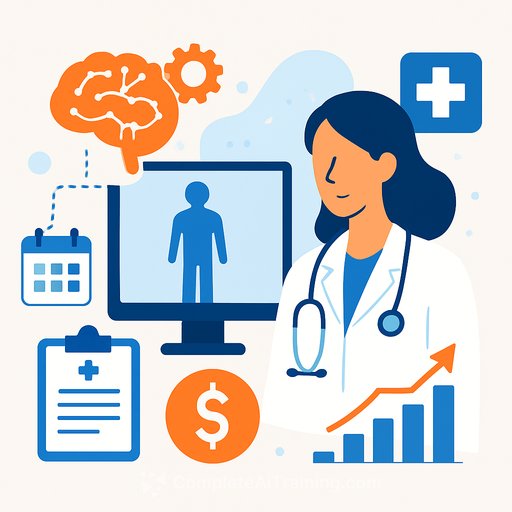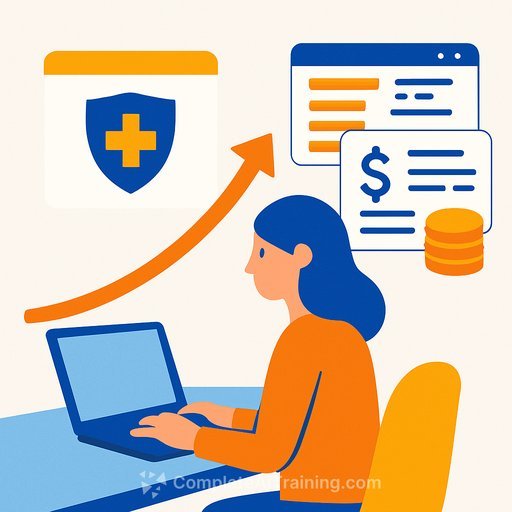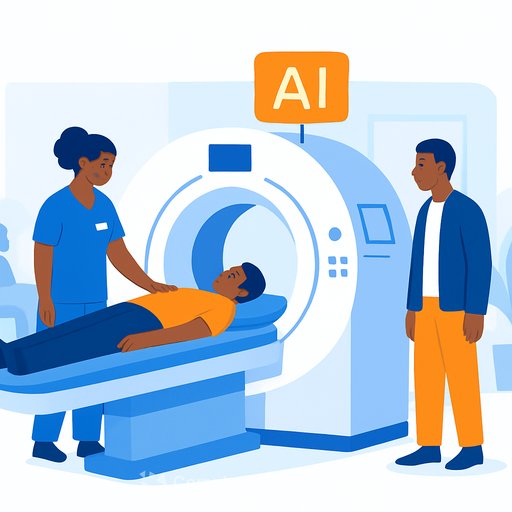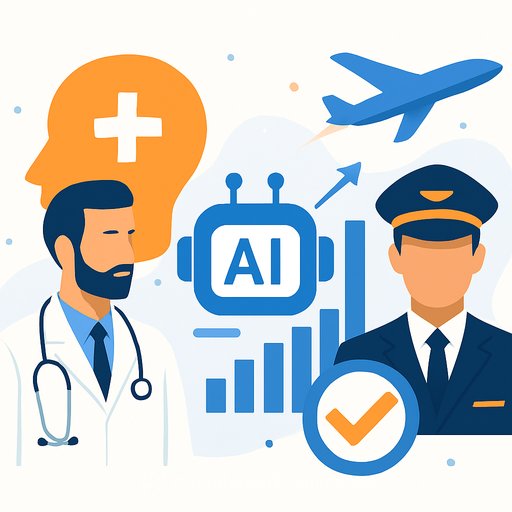Are A.I. Tools Making Doctors Worse at Their Jobs?
Artificial intelligence has become a helpful assistant in medical settings. Doctors use A.I. tools to spot cancer, speed up diagnoses, and predict patient risks more accurately. These advancements have clearly improved certain aspects of healthcare.
However, recent research reveals a downside. A study published in The Lancet Gastroenterology and Hepatology shows that doctors may lose some of their core skills when relying heavily on A.I. tools.
The Study and Its Findings
Doctors at four endoscopy centers in Poland used an A.I. system designed to highlight precancerous growths during colonoscopies. This technology draws a box around suspicious areas in real time, helping doctors detect potential problems they might have missed.
Consistent with other large trials, the use of this tool initially improved detection rates. But the researchers took an extra step: they measured how doctors performed once the A.I. aid was removed.
Before introducing the tool, doctors found growths in about 28% of colonoscopies. After three months of using the A.I. system, when it was taken away, detection dropped to 22%. This decline suggests the doctors became less effective at spotting growths without the technology.
Understanding Deskilling
This phenomenon, called deskilling, occurs when reliance on technology reduces human proficiency in a task. Dr. Omer Ahmad, a gastroenterologist at University College Hospital London, explained that the interaction between humans and A.I. is a two-way street. The technology influences doctors’ behavior just as doctors influence the A.I.
While A.I. can boost performance, overdependence may weaken fundamental skills doctors need to maintain independently.
What This Means for Healthcare Professionals
- Using A.I. tools effectively requires balance. Doctors should integrate technology without losing core diagnostic abilities.
- Training programs might need to adjust, ensuring that practitioners maintain their skills alongside adopting new tools.
- Healthcare institutions should monitor long-term effects of A.I. integration on clinician performance.
For medical professionals and healthcare workers interested in learning more about how to work effectively with A.I. tools, exploring specialized courses can provide practical strategies and insights. Resources like Complete AI Training's latest AI courses offer relevant guidance on integrating A.I. without compromising essential skills.
As A.I. becomes a regular part of medical practice, awareness of potential pitfalls such as deskilling is crucial. The goal should be to enhance care while preserving the expertise that only human doctors can provide.
Your membership also unlocks:

